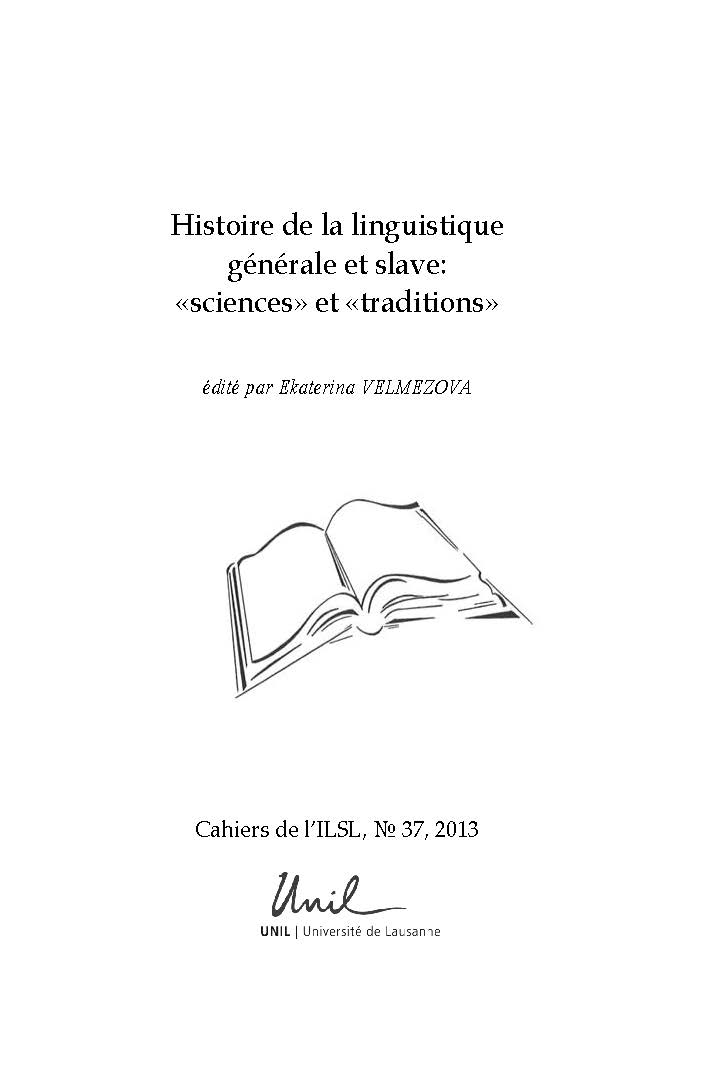Résumé
The sublime in Nikolaj Karamzin’s texts was regarded by most scientists mainly from an aesthetical point of view. However, this article shows the relation between the sublime and the political dimension in Karamzin’s short texts. The sublime is understood in the sense of the aesthetics of Edmund Burke but also refers to the tradition of the «imperial sublime» in Russian poetry conceptualized by Harsha Ram. Karamzin’s odes relate to this tradition. The problematic of the sublime in Karamzin’s writings is regarded in relation to the poetics of space, interrelations of subjects (countries), language and time. Specific attention is paid to its links with the Russian Empire. The article argues that the sublime concerns not only landscapes, but is connected with ideas about government, history and tradition. It demonstrates that the sublime in Karamzin’s texts has both positive and negative potential that is expressed on various levels, including nature, time, government and acting on the political stage.

Cette œuvre est sous licence Creative Commons Attribution 4.0 International.
